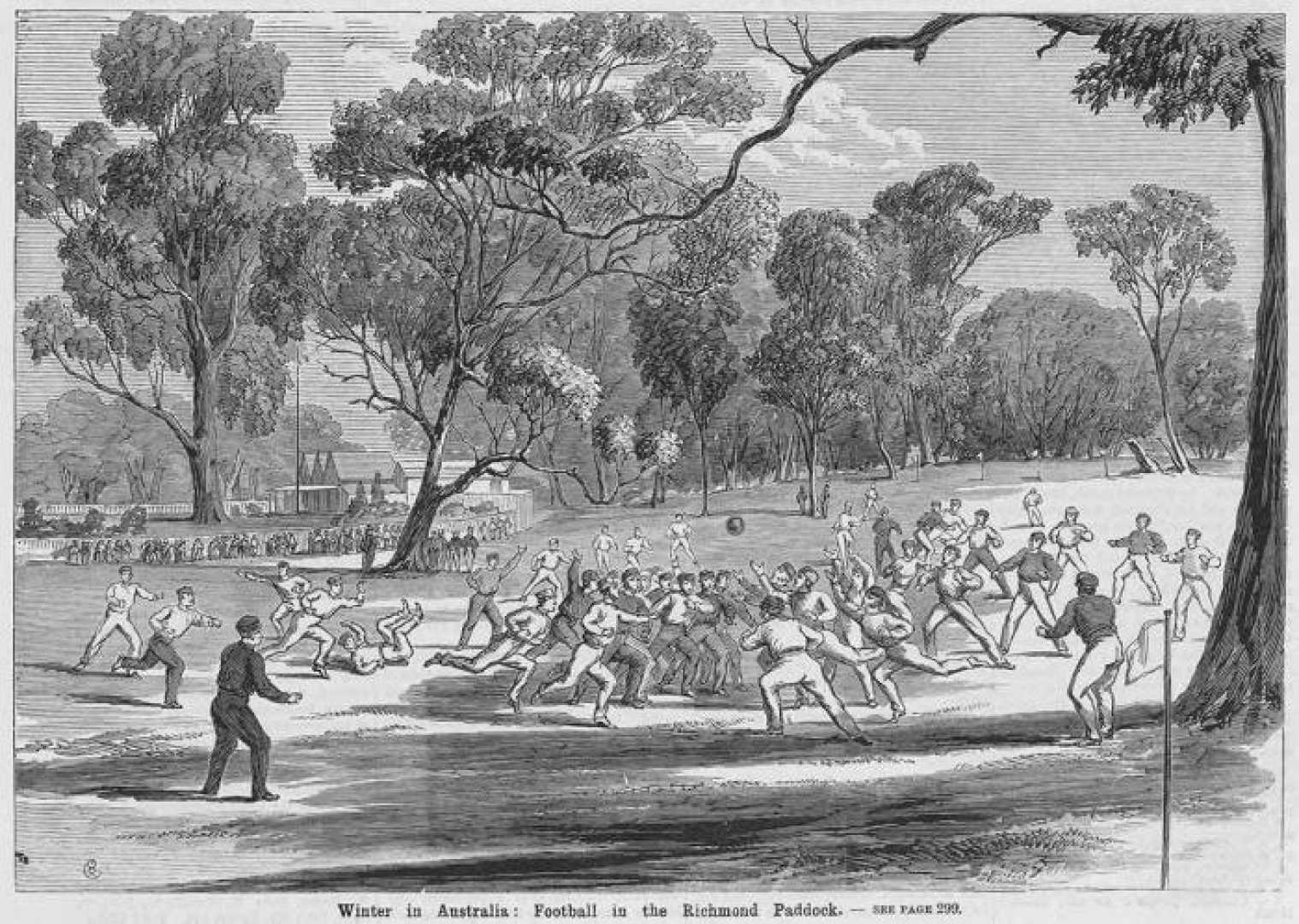News
Revealing a Century of AFL History through Charles Brownlow’s Letters

Charles Brownlow began writing to Alec McKenzie in 1902, during McKenzie’s initial season playing for Geelong. As club secretary, Brownlow’s letters combined informal congratulations and practical arrangements. These documents mark a significant historical milestone as the Brownlow Medal, named in his honor, celebrates its centenary this year.
The decision to commemorate Brownlow, who died in January 1924, was made in March of the same year, when the league wrote to his wife Matilda. They proposed awarding a gold medal to the ‘best and fairest player’ in premiership matches annually. Despite a wartime hiatus from 1942-1945, the Brownlow Medal has been awarded 96 times.
Historian Bob Gartland, a former Cats board member, now possesses Brownlow’s letters after purchasing them at auction. Gartland highlighted Brownlow’s dual role as an advocate for Geelong and the league, noting his “vehement passion” for Geelong.
Brownlow’s connection to Geelong began with his debut in 1880, securing a premiership in 1882 and becoming a premiership captain in 1883. He took on the role of Geelong secretary in 1885 and was instrumental in the formation of what became the Victorian Football League (VFL).
Brownlow’s letters reveal his powerful influence on football and personal development. They often included advice like, “Keep clear of the beer. It’s no good,” and practical training tips. In 1904, he suggested players start preparing for the upcoming season by “chasing the rabbits” and practicing ball control.
The correspondence also reflects the personal connection Brownlow maintained with players. In 1905, he advised McKenzie on specific training methods and lamented a crucial loss to St Kilda, saying it “took me a week to recover.” Brownlow expressed pleasure at McKenzie’s marriage in 1907 and encouraged him to “get plenty of ball practice” as his playing career neared its end.
In a progressive move, Brownlow advertised for a football coach in 1909, signaling a shift from a singular leadership style to a more structured coaching approach. The enduring impact of Brownlow’s ethos is captured in his 1923 message advocating fair play in football.
This year’s Brownlow Medal ceremony, following 100 years of legacy since its inception, highlights the lasting tribute to Charles Brownlow and his significant influence on Australian rules football.












